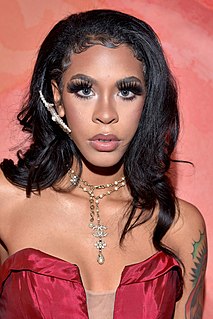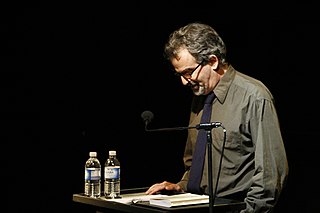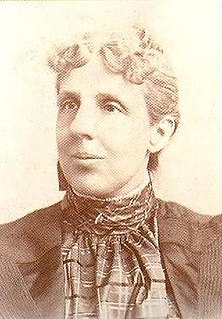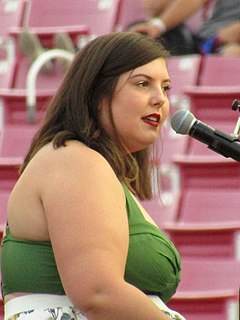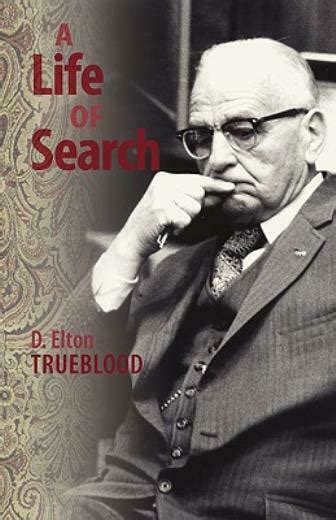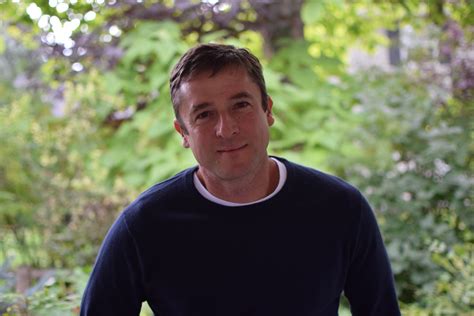A Quote by Sarah Kay
My first spoken word poem, packed with all the wisdom of a 14-year-old, was about the injustice of being seen as unfeminine. The poem was very indignant, and mainly exaggerated, but the only spoken word poetry that I had seen up until that point was mainly indignant, so I thought that that's what was expected of me.
Related Quotes
I think you can perform any poem. But what I believe is that the best examples of spoken word poetry I've ever seen, are spoken word poems that, when you see them, you're aware of the fact they need to be performed. That there's something about that poem that you would not be able to understand if you were just reading it on a piece of paper.
The first time I ever performed spoken word poetry in front of a big crowd, it totally failed. It ended, people barely clapped...in retrospect the poem was terrible. And for a while I thought this was something I would never do again. And then I realized that, in my 17-year-old head, that was the worst it could have been. And it wasn't that bad - [because] from there, it could only get better. And I think that failure kind of freed me up to explore and not be afraid of failing again.
High school was the first time I ever saw spoken word poetry. The first place I ever performed a poem was at my school, so in some ways it was the nucleus of how it all started. For me I think high school was a period of trying to figure myself out, and poetry was one of the ways I did that, and was a very helpful avenue to try to do that.




